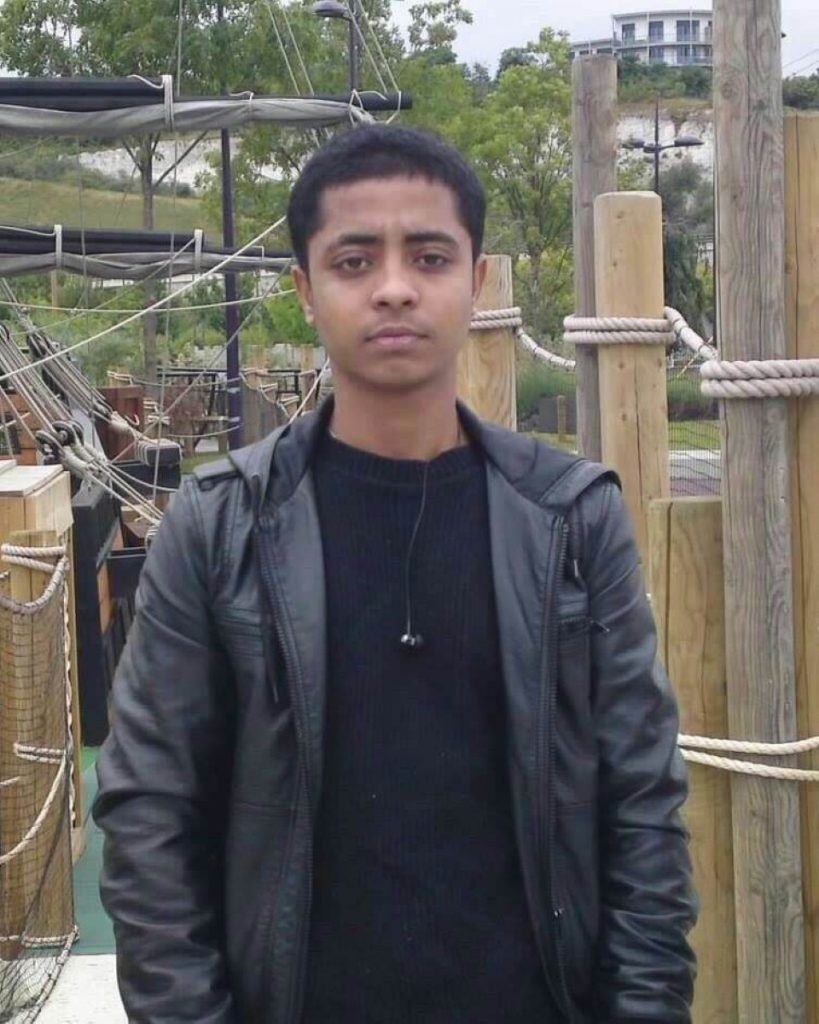The death of Rubel Ahmed: Protest at the Home Office
Rubel Ahmed's death is cloaked in mystery, but we know what killed him. He was killed by Morton Hall.
Sometime in the evening of Friday 5th September, Ahmed died in his cell at the immigration detention centre. The authorities say he committed suicide. Fellow inmates say he complained of chest pains and repeatedly called for help, which never came.
A police inquiry is now taking place, alongside a prison and probation ombudsman inquiry. Then there'll be a coroner's inquest with a jury. But we'll probably never find out what happened in that cell. Did he ring the bell to call for help? Did he repeatedly kick the door? It will be difficult, if not impossible, to find the answer to these questions. Any evidence which might have indicated negligence by the authorities will have been covered up, as guards themselves have implied.
But whichever version of the story you believe, he was killed by Morton Hall. He was killed by Britain's reliance on a network of immigration detention centres. His detention explains the suicide. It explains why he didn't get medical attention. Whichever story, you believe, Morton Hall is to blame. All our detention centres are to blame. They are an unconscionable institution for a civilised society.


The atmosphere in detention centres is now extremely tense. The slightest provocation, like the breakdown of a fax machine, sparks protests. They in turn trigger a violent response by a tornado unit. Ringleaders are then identified and shipped out to other institutions. Hunger strikes are a daily occurance.
Asylum seekers and others are being denied time with lawyers and are then shipped out like cattle. Others are trapped in the system for years, never having committed a crime, never knowing when they'll get out. Some of these people sound like you or me. They were born in this country.
A day before the deportation flight they have their phone taken away and are a moved to a new location, incommunicado, without their lawyers' knowledge. It is the behaviour of a police state. And yet there is no public outrage, because there is precious little press coverage.
There is a protest taking place tomorrow outside the Home Office about Ahmed's death. Organisers are wisely demanding the closure of all detention centres. The correct place for their inhabitants is in the community, as we used to do – as other countries still do. They are insisting that Ahmed's death not be swept under the carpet. They want an independent public inquiry.
That is now the only way to bring this network of detention centres into mainstream debate and prevent more deaths. As things stand, Ahmed's death is the direct responsiblity of the British government, which facilitated the conditions in which it took place.









